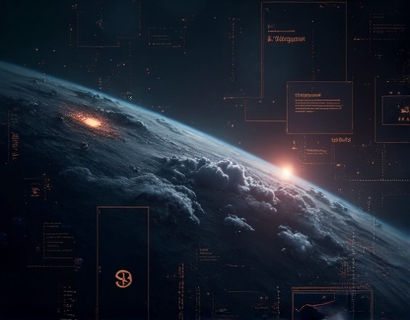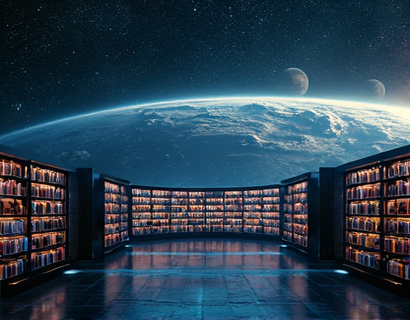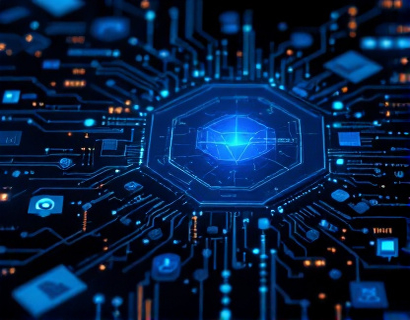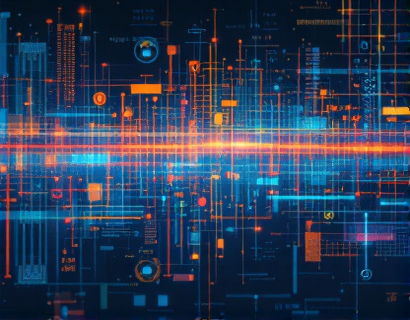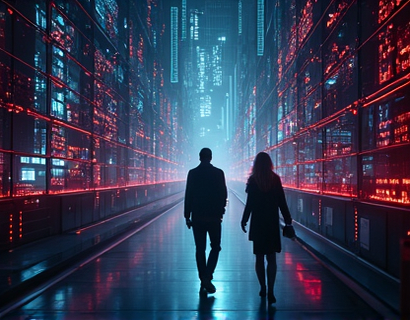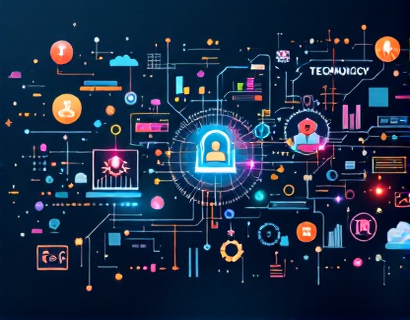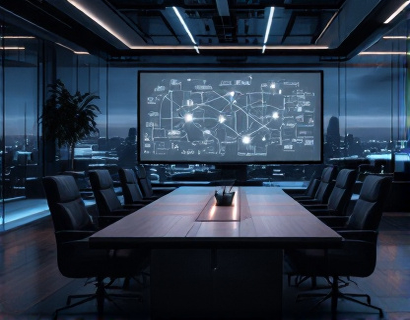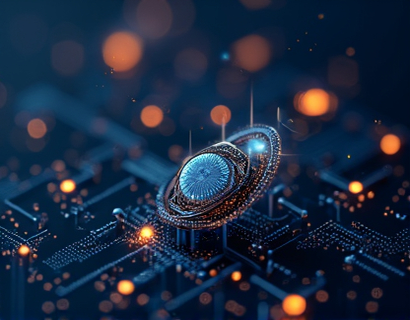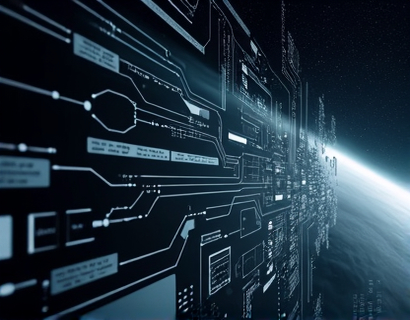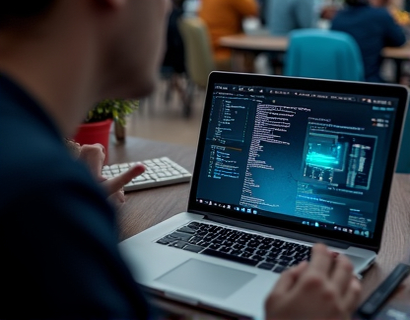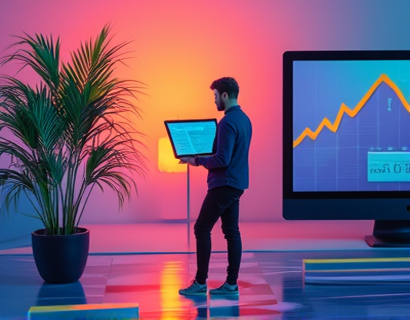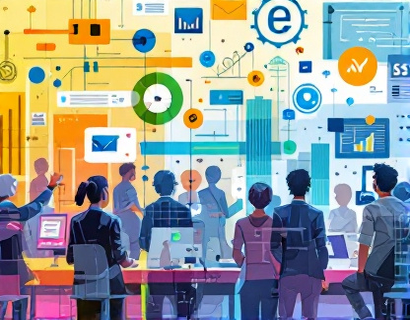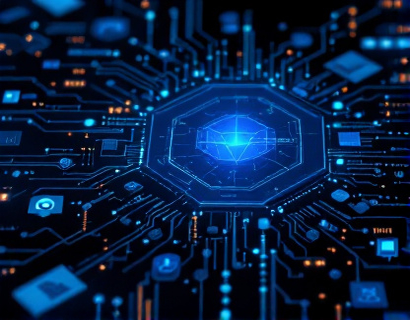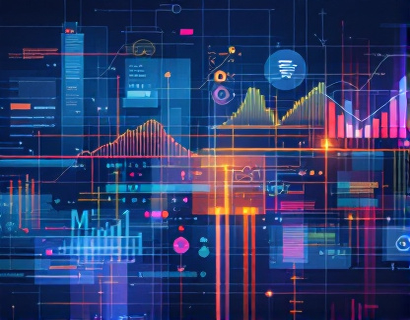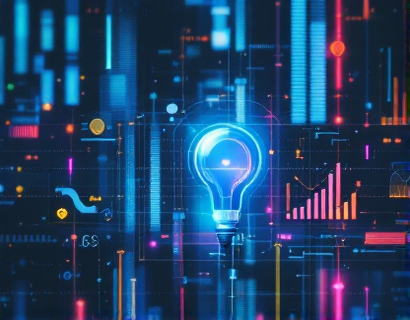Decentralized Productivity Revolution: Harnessing AI and Crypto for Next-Gen Business Solutions
The business landscape is undergoing a profound transformation driven by the convergence of artificial intelligence (AI) and cryptocurrency technologies. This revolution is not just about adopting new tools but reimagining the very foundations of productivity and digital collaboration. By merging these cutting-edge technologies, organizations can unlock unprecedented levels of efficiency, security, and innovation. This article explores the transformative power of this fusion, offering insights for tech innovators and early adopters eager to harness the potential of decentralized solutions.
The traditional centralized models of productivity are being challenged by decentralized alternatives that leverage blockchain technology. Blockchain, at its core, is a distributed ledger that ensures transparency, immutability, and security without the need for intermediaries. When combined with AI, these systems can automate complex tasks, optimize workflows, and enhance decision-making processes. The result is a new paradigm of business operations that is more resilient, scalable, and user-centric.
Understanding Decentralized Productivity
Decentralized productivity refers to the use of decentralized technologies to improve and streamline business processes. Unlike traditional centralized systems where control and data are held by a single entity, decentralized systems distribute these functions across a network of nodes. This distribution not only enhances security by eliminating single points of failure but also promotes greater transparency and trust among participants.
One of the key benefits of decentralized productivity is the reduction of dependency on central authorities. In a decentralized model, tasks and data are managed collectively by the network, reducing the risk of censorship and ensuring that no single entity can manipulate the system. This democratization of control empowers users and organizations to collaborate more freely and efficiently.
AI in Decentralized Systems
AI plays a crucial role in enhancing the capabilities of decentralized systems. Machine learning algorithms can process vast amounts of data from the blockchain, identifying patterns and insights that would be impossible for humans to discern manually. These insights can be used to optimize operations, predict market trends, and automate routine tasks, freeing up human resources for more strategic activities.
Smart contracts, a cornerstone of decentralized applications (dApps), benefit significantly from AI integration. Smart contracts are self-executing contracts with the terms of the agreement directly written into code. By incorporating AI, these contracts can adapt to changing conditions and execute more complex logic, making them more versatile and powerful. For instance, AI can help in dynamically adjusting the terms of a smart contract based on real-time data, ensuring that all parties benefit from the most current and relevant information.
Enhanced Security and Trust
Security is a paramount concern in any business environment, and decentralized systems fortified by AI offer robust solutions. The immutable nature of blockchain ensures that once data is recorded, it cannot be altered or deleted, providing a high level of data integrity. AI enhances this by continuously monitoring the network for anomalies and potential threats, enabling real-time detection and response to security breaches.
Trust is another critical aspect where decentralized and AI-driven solutions excel. In a decentralized system, trust is built through transparent and verifiable processes. AI can further enhance trust by providing auditable and explainable AI (XAI) solutions, where the decision-making process of AI algorithms is transparent and understandable. This transparency is crucial for building confidence among users and stakeholders, fostering a more collaborative and trust-based business ecosystem.
Improved Collaboration and Communication
Decentralized productivity tools facilitate better collaboration and communication among team members, regardless of their geographical location. Blockchain-based platforms can create secure and tamper-proof workspaces where documents and data are shared and version-controlled in a transparent manner. AI can enhance this by providing intelligent suggestions, automating routine tasks, and ensuring that all team members have access to the most up-to-date information.
For example, decentralized project management tools can use AI to predict project timelines, allocate resources more efficiently, and identify potential bottlenecks. These tools can also facilitate seamless communication by integrating real-time translation and summarization services, breaking down language barriers and enhancing global collaboration.
Case Studies and Real-World Applications
Several organizations are already leveraging the power of decentralized AI to revolutionize their operations. One notable example is a supply chain management system that uses blockchain to track the movement of goods and AI to predict demand and optimize inventory levels. This system ensures transparency and reduces the risk of fraud, while AI-driven analytics help in making data-driven decisions.
Another case is in the realm of content creation and distribution. A decentralized media platform uses blockchain to reward creators with cryptocurrency tokens based on the engagement and value of their content. AI algorithms curate and recommend content to users, ensuring a personalized and high-quality experience. This model not only benefits creators by providing fair compensation but also enhances user engagement through a more relevant and diverse content offering.
Challenges and Considerations
While the potential of decentralized AI-driven productivity solutions is immense, there are several challenges that need to be addressed. Scalability remains a significant issue, as blockchain networks can struggle to handle high volumes of transactions efficiently. However, ongoing developments in layer 2 solutions and more efficient consensus mechanisms are addressing these concerns.
Interoperability is another challenge, as different blockchain platforms and decentralized applications often operate in silos. Efforts to create standardized protocols and bridges between different networks are crucial for fostering a more connected and integrated ecosystem. Additionally, regulatory uncertainties and the need for clear legal frameworks pose challenges that must be navigated carefully.
Future Outlook
The future of decentralized productivity is bright, with continuous advancements in AI and blockchain technologies paving the way for more sophisticated and user-friendly solutions. As more organizations recognize the benefits of decentralized models, adoption is expected to grow, leading to a more decentralized and collaborative business landscape.
Innovators and early adopters have the opportunity to be at the forefront of this revolution, driving innovation and setting industry standards. By embracing decentralized AI-driven tools, businesses can not only stay competitive but also contribute to a more transparent, secure, and efficient global economy.
In conclusion, the convergence of AI and cryptocurrency is not just a technological trend but a fundamental shift in how we approach productivity and collaboration. By harnessing the power of decentralized systems, we can create a future where businesses are more resilient, innovative, and aligned with the needs of a digital-first world.



